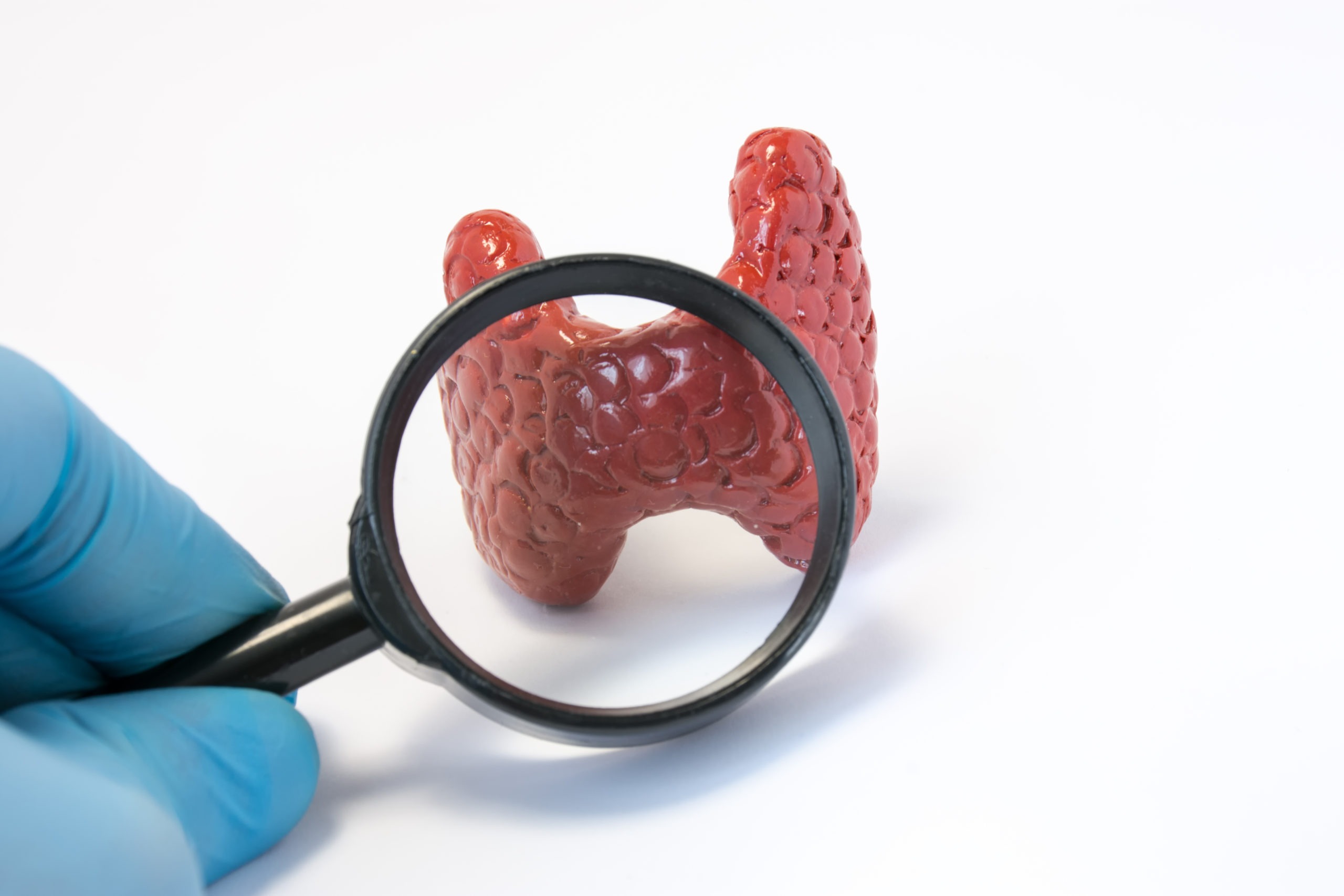
1 July 2021
What do you need to know about thyroid disease?
Worldwide, 1 in 8 women find out they have Hashimoto’s disease. Some women may be unaware of that due to non-specific symptoms. Thyroid diseases shouldn’t be neglected – as many as 20 million of Americans suffer from them. Here are 10 facts about this disease that may help you understand it.
Hypothyroidism and Hashimoto’s disease are not the same thing
These two terms are often confused and it is important to bring out the differences between them. Hypothyroidism may be the effect of Hashimoto’s disease, but it’s not the disease itself. You may treat the former one by regulating thyroid hormone levels, but because the latter one is autoimmune disease, your immune system will continue to attack. This eventually leads to hypothyroidism, but it can last for years. Symptoms such as: weight gain, dry skin, fatigue, depression, infertility, muscle and joint pain and gastrointestinal problems can occur. While hyperthyroidism’s symptoms include anxiety, weight and hair loss, heart palpitations, constant bowel movements, tremors and insomnia.
Hashimoto’s – wrong diagnosis
A full thyroid panel should be performed, including: TSH, fT3, fT4, anti-TPO, and TG antibodies. Often, doctors only order a TSH level test, which is not enough to establish a complete medical picture and does not allow you to diagnose hypothyroidism and distinguish Hashimoto’s disease from hypothyroidism.
Reference ranges for TSH are too wide
Currently, the reference range for blood TSH levels is 0.27-4.2 µIU/ml. It’s a very wide range, especially since scientific studies indicate that nearly ⅓ of Hashimoto’s patients have TSH concentration above 3 mIU/L. Therefore, when interpreting scientific studies, symptoms should also be taken into account.
Appropriate treatment may bring optimal results
To treat hypothyroidism, levothyroxine or T4 is used. Its appropriate dose will help lower the concentration of TSH, cause this hormone will not be forced to stimulate the thyroid gland to work that much. Sometimes, however due to impaired conversion, i.e. the conversion of T4 to T3, combination preparations containing both T4 and T3 will be more effective.
Hashimoto’s disease can go to remission
Hashimoto’s disease can go to so-called remission as a result of diet and lifestyle changes, as well as the use of appropriate pharmacotherapy. This is a state in which test results indicate normal thyroid function and the symptoms have been minimised. Nevertheless, it is still important to follow the recommendations, which helped us get into remission, in order not to get out of it and maintain our well-being.
Some common factors may intensify thyroid diseases
Many people with Hashimoto’s disease have mineral deficiencies that can cause many of their symptoms. They include: iodine, selenium, zinc and iron. Consuming foods rich in these micronutrients or their supplementation will allow for their compensation.
In some people, an elimination diet may be helpful. This is due to the increased sensitivity of the gastrointestinal tract, as well as the reactivity of the immune system. Ingredients that should be temporarily eliminated include: cereals and products containing gluten, and milk and dairy products.
What’s more, the factor that aggravates Hashimoto’s disease is stress, as the body uses much energy to fight it, which could be used for other processes such as hormone conversion and metabolism.
Right diet can work miracles
Diet is crucial for normal thyroid function. Therefore, a nutritionally rich diet, compensating for the most common deficiencies, plays a key role in Hashimoto’s disease diet therapy.
Conclusion
If you spotted some of the aforementioned symptoms and you suspect you have a thyroid disease – visit a doctor and ask to be tested for it. Now you have the basic knowledge about the development of these diseases, therefore you will know what to do and how to achieve remission.






